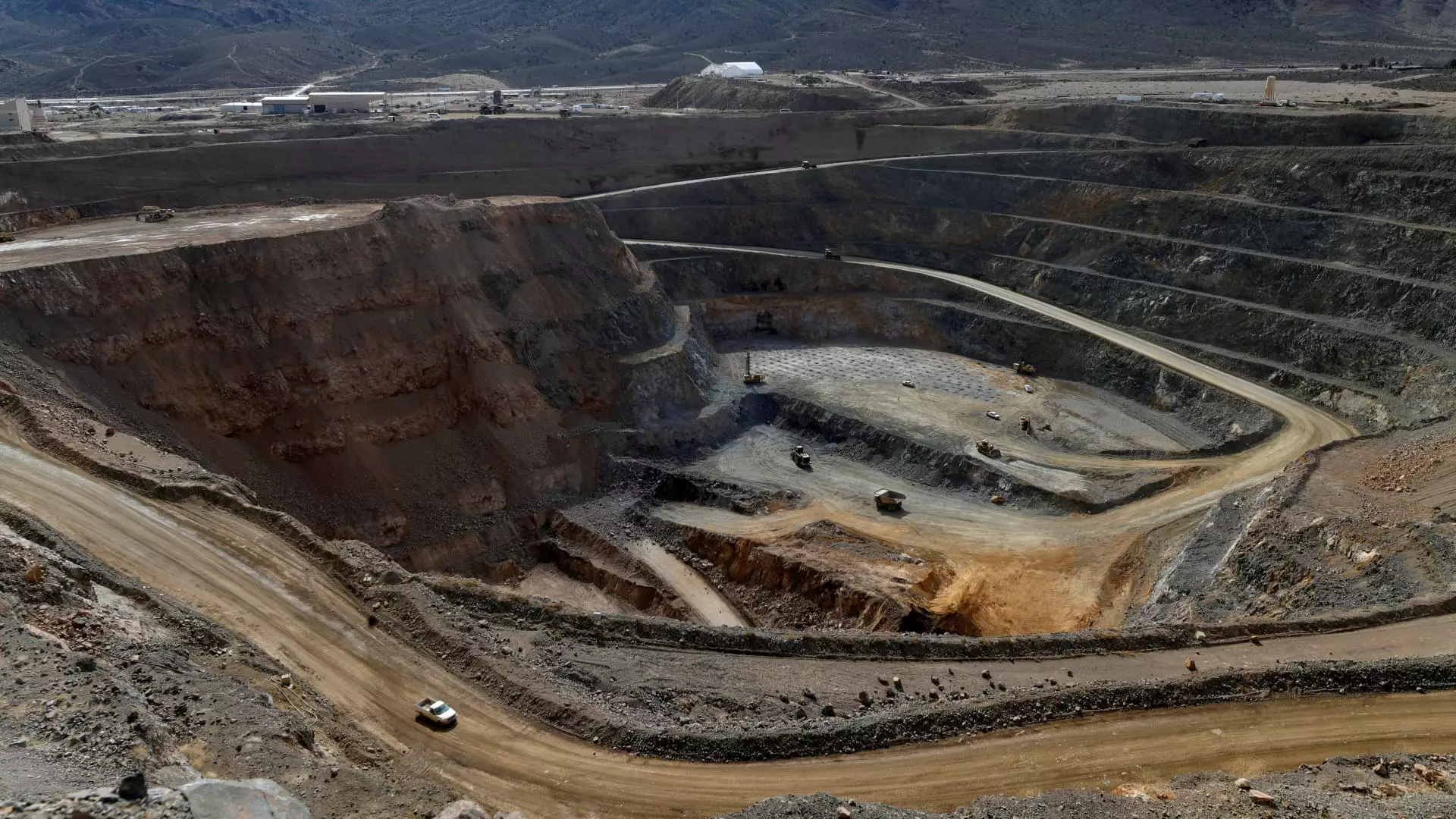The recent move by the Defense Department to acquire a dominant stake in MP Materials raises profound questions about the future of American resource independence and free-market principles. By becoming the largest shareholder through a $400 million equity infusion, the Pentagon is signaling a willingness to step beyond traditional defense procurement and directly influence the mining sector. While some view this as a strategic necessity, I argue it illustrates a dangerous encroachment on private enterprise and reveals a troubling dependency on military bureaucracy to secure critical industries deemed national necessity. This approach risks undermining innovation, fair competition, and the very free-market ideals that are supposed to promote economic resilience.
The narrative around this investment romanticizes it as a patriotic effort to free the U.S. from Chinese dominance over rare earths. However, this framing neglects the deeper issues of government overreach and the potential for inefficient bureaucratic management to distort markets. Entrusting the Pentagon with such significant influence over mining operations creates a precedent that blurs the lines between public interest and private enterprise, endangering the healthy mechanisms of market competition. The idea that government can effectively control parts of the supply chain without becoming overly political or bureaucratic is overly optimistic, and history offers many lessons on the pitfalls of government overreach in essential industries.
Markets versus Militarization: A Delicate Balance Threatened
The core concern with this move is that it risks transforming a vital industry into a tool of national security, potentially sacrificing efficiency and innovation on the altar of strategic control. The company CEO, James Litinsky, insists that this isn’t a nationalization, but the facts tell a different story—an 15% stake for the Pentagon in a private company signifies a level of influence that could steer company priorities or strategic decisions. This could lead to a dependency that stifles entrepreneurial risk-taking and discourages private investment from other sectors, fearing government interference or favoritism.
Furthermore, the reliance on a single private company, even with state backing, to secure critical minerals exposes vulnerabilities within our supply chain. The plan to build a second magnet manufacturing facility with guaranteed procurement and pricing is a bold, if risky, experiment in corporate-government partnership. Yet, such government intervention sets a dangerous precedent for future independence in industry. When the state becomes a primary investor and purchaser, the private sector risks losing its autonomy, potentially leading to less efficient, politicized decision-making that prioritizes short-term political gains over long-term market health.
The Illusion of ‘Strategic Independence’ and Economic Realities
While proponents argue that this path will bolster U.S. self-sufficiency, the reality remains more complicated. Relying on government guarantees—such as fixed prices for vital materials and guaranteed purchase agreements—could distort market signals. This can lead to overinvestment in certain sectors while neglecting others, creating a distorted resource landscape that ultimately harms consumers and industry alike.
Moreover, the narrative that these investments are purely about reducing dependence on China oversimplifies the geopolitical calculus. China’s dominance in rare earths isn’t just a matter of economic leverage but also a reflection of their strategic industrial policy. By mimicking this model, the U.S. risks entrenching a state-led resource economy that may be less adaptable to dynamic global markets. Instead of fostering open markets and encouraging innovation in private industries, what we’re witnessing is a form of strategic statism that may undermine the long-term health of the free-market system.
The heavy-handed governmental involvement could inadvertently entrench monopolistic tendencies, stunt competition, and create an environment where taxpayer money fuels corporate ambitions that are no longer driven by market forces but by government strategic needs. If recent history has shown us anything, it’s that government-backed enterprises often struggle with inefficiency and political interference—traits that threaten to undo decades of economic progress made through free enterprise and competition.
Balancing National Security with Economic Liberties
This entire scenario underscores a broader ideological dilemma: how do we balance national security needs without sacrificing economic freedom? It’s undeniable that certain industries, especially those involving critical minerals and defense hardware, require strategic attention. However, leaning heavily on government investment and control risks swivel-chairs of policymaking that could someday prioritize political expediency over genuine innovation.
The solution isn’t to abandon strategic investments altogether but to ensure that such partnerships enhance the competitive landscape rather than distort it. We should emphasize fostering a vibrant private sector that is incentivized to develop critical industries through market-driven mechanisms and minimal state interference. Innovation in critical minerals should not be hostage to bureaucratic whims but should thrive under a framework of transparent policies that support both public interests and private entrepreneurship.
In an ideal world, strategic investments would complement market forces rather than supplant them. The government’s role should be to catalyze innovation, guarantee fair competition, and protect national interests without creating dependencies that threaten the foundational principles of a free and open economy. This delicate balance is what will determine whether America’s future in critical industries is shaped by strategic foresight or by the overreach of government and militarization.


Leave a Reply